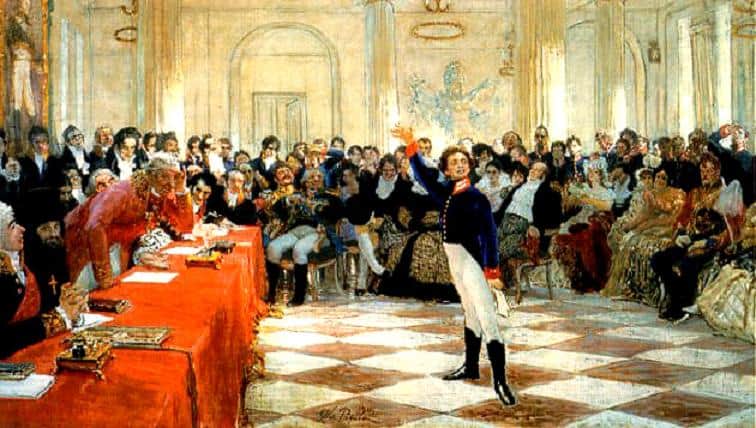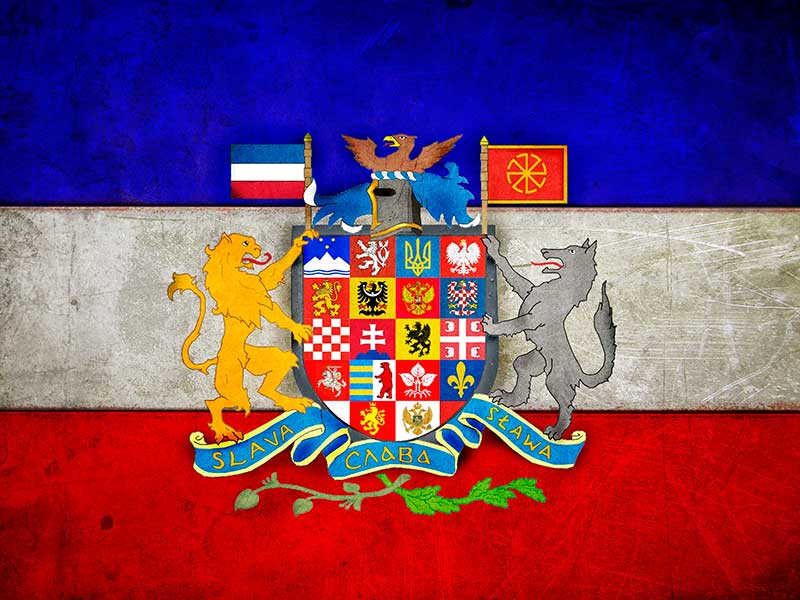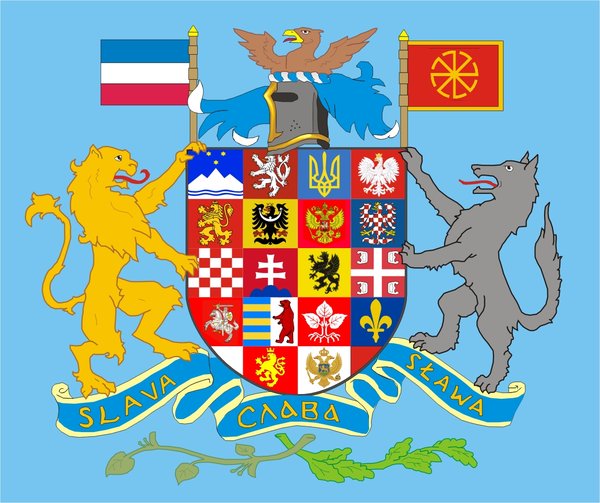Post by Bonobo on Jun 12, 2017 21:33:50 GMT 1
Eastern nations which practise Orthodox religion used to believe that Poles betrayed the Slavic spirit.
An excerpt from a Russian analysis 1915:
Only with the Slavophils had there been a national idea, only they acknowledged the reality of the soul of the people. For the Westernisers there did not exist a soul of the people. Our Westernising thought did not deal with work over the issue of a national consciousness. But the attitude of the Slavophils towards the most painful and most important Slavic question for us as Russians -- the Polish question -- was at its root false and not Slavic. The Slavophils never felt in their relation to the Polish people any Slavic unity, a Slavic brotherhood. For the Slavophils the Slavic world in its spirit ought first of all to be Orthodox. They felt the non-Orthodox Slav to be a traitor to Slavic matters. And they could not forgive the Polish people its Catholicism. They could not understand and love the Polish soul, because they could not understand and love the Catholic soul. But everything unique to Polish culture is defined by this, that in it Catholicism is focused within the Slavic soul. Thus it was forged out of the Polish national visage, an altogether unique Slavic-Catholic visage, distinct also from the visage of the Romance Catholic peoples, and from the visage of the Slavic Orthodox peoples. For the Slavophils, Poland was that West within the Slavic world, to which they always set in opposition the Russian Orthodox East, the bearer of an higher spiritual type and the fullness of religious truth. The Polish seemed first of all to be Latins, and it was almost forgotten, that they were Slavs. Polonism represented the Catholic danger. In their repugnance towards Catholicism the Slavophils went so far, that they preferred Protestant Germany over Catholic lands and peoples. The Lutherans in Russia occupied a privileged position in comparison with the Catholics, and they often stood at the helm of government. The intellectual Slavophilism was also bereft of any idea of the power of rule and it concurred in this. In an even more extreme form with Dostoevsky was expressed the hostility towards Catholicism and towards Poland. He saw within Catholicism the spirit of the Anti-Christ and together with Protestant Germany he wanted to crush Catholicism. There was formed a quite strong Slavophil-conservative tradition, which was accepted by our ruling authorities and led in practise to this, that our politics came to be always dependent upon Germany. The hostility towards Poland and friendship with Germany -- were two sides of one and the same matter for us. Indeed not only the Polish -- are Catholics within the Slavic world. And the old-Slavophil attitude towards Catholicism has made impossible a sincere Slavic unity.
www.berdyaev.com/berdiaev/berd_lib/1915_202.html
An excerpt from a Russian analysis 1915:
Only with the Slavophils had there been a national idea, only they acknowledged the reality of the soul of the people. For the Westernisers there did not exist a soul of the people. Our Westernising thought did not deal with work over the issue of a national consciousness. But the attitude of the Slavophils towards the most painful and most important Slavic question for us as Russians -- the Polish question -- was at its root false and not Slavic. The Slavophils never felt in their relation to the Polish people any Slavic unity, a Slavic brotherhood. For the Slavophils the Slavic world in its spirit ought first of all to be Orthodox. They felt the non-Orthodox Slav to be a traitor to Slavic matters. And they could not forgive the Polish people its Catholicism. They could not understand and love the Polish soul, because they could not understand and love the Catholic soul. But everything unique to Polish culture is defined by this, that in it Catholicism is focused within the Slavic soul. Thus it was forged out of the Polish national visage, an altogether unique Slavic-Catholic visage, distinct also from the visage of the Romance Catholic peoples, and from the visage of the Slavic Orthodox peoples. For the Slavophils, Poland was that West within the Slavic world, to which they always set in opposition the Russian Orthodox East, the bearer of an higher spiritual type and the fullness of religious truth. The Polish seemed first of all to be Latins, and it was almost forgotten, that they were Slavs. Polonism represented the Catholic danger. In their repugnance towards Catholicism the Slavophils went so far, that they preferred Protestant Germany over Catholic lands and peoples. The Lutherans in Russia occupied a privileged position in comparison with the Catholics, and they often stood at the helm of government. The intellectual Slavophilism was also bereft of any idea of the power of rule and it concurred in this. In an even more extreme form with Dostoevsky was expressed the hostility towards Catholicism and towards Poland. He saw within Catholicism the spirit of the Anti-Christ and together with Protestant Germany he wanted to crush Catholicism. There was formed a quite strong Slavophil-conservative tradition, which was accepted by our ruling authorities and led in practise to this, that our politics came to be always dependent upon Germany. The hostility towards Poland and friendship with Germany -- were two sides of one and the same matter for us. Indeed not only the Polish -- are Catholics within the Slavic world. And the old-Slavophil attitude towards Catholicism has made impossible a sincere Slavic unity.
www.berdyaev.com/berdiaev/berd_lib/1915_202.html













